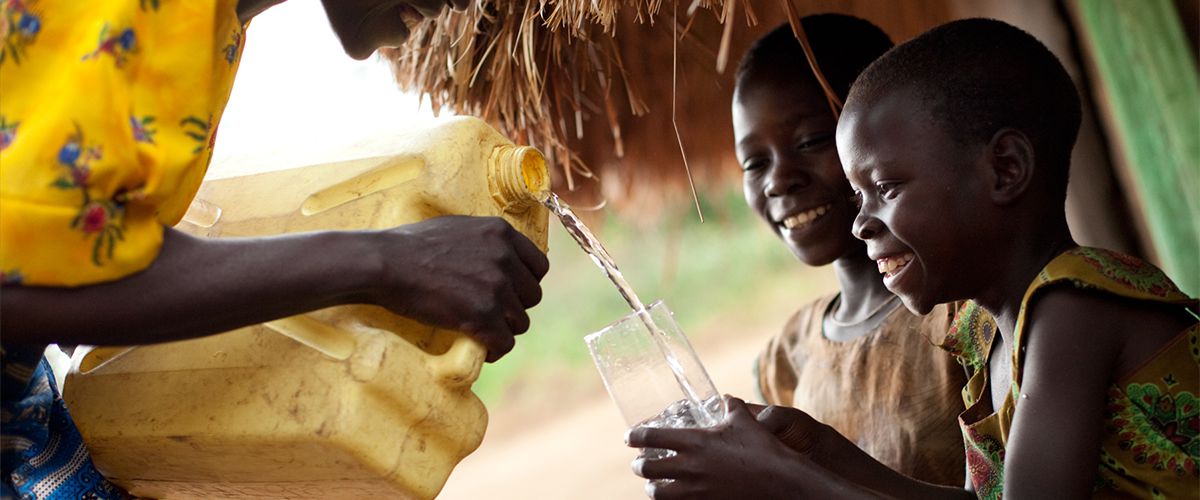The director of the Service for Refugees and Migrants of FCEI, Franca Di Lecce, even before the decision of the European ecumenical body, declared: “The churches have decided to dedicate 2010-the Year of Fighting Poverty and Social Exclusion-to the migrations which are case studies in the major transformations of contemporary societies. At the same time, they are a wonderful ecumenical opportunity for our churches: the creation of a space of peace and reconciliation, where diversity is not a motive for exclusion but an opportunity for reciprocal growth.”
In the past, we as churches have denounced the rising tide of racial intolerance in our country and of complicit silence in the face of the now frequent violations of inalienable rights of many of the foreigners who come to live in Italy, both those immigrants who hold a permesso di soggiorno as well as those who do not. We sounded the alarm even before the passing of the pacchetto sicurezza, and in a specific circolare, we have sent to all the churches guidelines that would help us to coordinate our actions of resistance against the discrimination against migrants, refugees, or asylum seekers. We declared that no human being is clandestine if not the one, Italian or foreigner, who seeks to hide his or her own crimes.
From last September until today, as we expected, things have grown much worse. The criminalization of being undocumented is overwhelming the prison system and multiplying episodes of the paradoxical criminalization of honest people and labourers. In these weeks, only bad weather is preventing people from fleeing Africa by crossing the Mediterranean, but even if it were possible to leave, the incidences of the indiscriminate turning back of people to Libya without treatment are multiplying, condemning already sorely tried people to unspeakable suffering.
The revolt at Rosarno has dramatically made plain to what degree those who do migrant labor are exposed to every sort of abuse and exploitation, also at the hands of organized crime. Our churches in Calabria and Sicily knew of and had denounced the dismal conditions in which such workers lived and had expressed to these workers their solidarity before and after the tragic news items.
The grave episodes of urban warfare at Milan a few days ago have brought to light the complete lack of a politic of integration even in the rich metropolises of the North.
The continuing violent and sudden evacuations of Rom camps in the middle of winter as took place recently at Florence, often at the expense of children and very poor people and without provision of alternative housing, demonstrate the absolute lack of a desire to address humanitarian problems while preserving the dignity of all.
In these and many other cases, which have not been reported in the newspapers, our churches have been and are present. They are involved in the work of denouncing injustice, but also in positive practices of hospitality, liberation, and support: Italian language courses, activities of social solidarity, legal assistance, practical help for resolving housing questions and finding work. These are just a few of the ways which the churches have chosen to embrace and to defend the rights of immigrants. Also, it is noted that almost all of our churches host other first-generation immigrant churches. Some of these enter into a covenant even formally with the regional Baptist association or choose to covenant with the Union.
2010, the European Year of the Churches for Migrants, does not find us unprepared and can represent for all of our churches a further occasion of witness, even ecumenical, of friendship with those who come to live with us from countries far away and unknown. We listen, then, to their stories and we get to know them; we come to their side without fear of abuse and injustice, even if it should cost us. We involve ourselves in the events, we go against the tide, and we defeat indifference. We are careful: we could also get used to the situation and begin to consider inequality and daily racism as “normal”.
We, as the Executive Committee, have committed to celebrate this year, giving even more visibility to our efforts. We are completing plans for several national initiatives of which we will inform you in time and in which we will, of course, involve all the churches.
I remind you of the very recent publication of the supplement to the weekly “Riforma” entitled: “Dopo Rosarno. Immigrazione, diritti, democrazia” prepared by FCEI which can be requested from the editor ( Questo indirizzo email è protetto dagli spambots. È necessario abilitare JavaScript per vederlo.).
Finally, I remind you of the important consultative role of the Service of Refugees and Migrants of FCEI, the recent empowerment of the federative commission Essere Chiesa Insieme, and the work of formation and developing connections done by our International Church Department.
A calendar entitled “Migration 2010” can be requested from CEC by writing to Questo indirizzo email è protetto dagli spambots. È necessario abilitare JavaScript per vederlo.. Information on this theme is available at: www.migration2010.eu.
I recommend that you keep us informed of the initiatives of your churches supporting this theme by sending us announcements and articles for our site www.ucebi.it and for “Riforma”.







